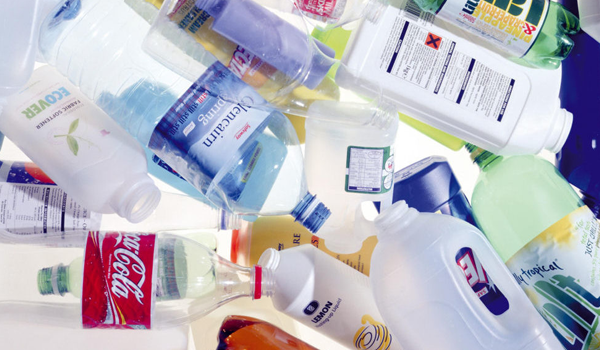The South African plastic industry recycled a record 2.15 billion PET plastic bottles in 2017.
This set a post-consumer recycling rate of 65%, exceeding the industry target of 58% for the year, and creating 64 000 income-generating opportunities for waste pickers, collectors and recyclers.
The 93 235 tonnes of collected PET also saved 578 000m3 of landfill space and 139 000 tonnes of carbon.
This is despite tough trading conditions and a 13% fall in the total PET market, South Africa’s PET recycling body, PETCO, said in a statement on Wednesday. PETCO is responsible for fulfilling the sector’s mandate of extended producer responsibility (EPR).
A recycling rate of 65% puts South Africa on par with international standards. PET recycling across Europe increased to 59.8% in 2017, up from 52.5%. India, which consistently has one of the highest PET recycling rates in the world, reportedly recycled 70%.
PETCO said South Africa’s 3% year-on-year increase in tonnage (versus 90 749 tonnes in 2016) was particularly significant against the backdrop of the political and economic instability, volatile exchange rates and industrial strike action, which had affected some of the major industry players in 2017.
According to the organisation, water shortages in the Western Cape saw an increased consumer demand for bottled water during the latter part of the year, which grew waste volumes available for recycling in this region.
PETCO CEO Cheri Scholtz said the organisation was thrilled with the latest figures, which demonstrated both industry commitment to recycling and the economic value of post-consumer PET in the circular economy.
“Through the remarkable network of people, companies and organisations we work with, 5.9 million PET bottles were collected for recycling across South Africa every day during the course of 2017, creating thousands of income-generating opportunities for small and micro-collectors, and changing their lives and those of their families in immeasurable ways.”
Scholtz said PETCO members paid a voluntary recycling fee on every tonne of raw material purchased, which funded their efforts and supported a sustainable recycling industry.
Since the organisation’s incorporation in 2004, a total of R2.3bn has been paid by contracted recyclers to collectors for baled bottles, with 609 306 tonnes of PET recycled to date. This has saved more than 900 000 tonnes of carbon and almost four million cubic metres of landfill space.
PET bottles are typically recycled after the bottles are sorted and separated according to colour. After sorting, they are crushed, washed, dried and shredded. Fragments of labels are removed and the pure PET flakes are used as raw materials for new products — either new PET bottles, or products that would otherwise be made of polyester.
In 2017, data by Transparency Market Research estimated that the global PET market would be worth US$39.16bn by the end of 2024.
Source : fin24.com









